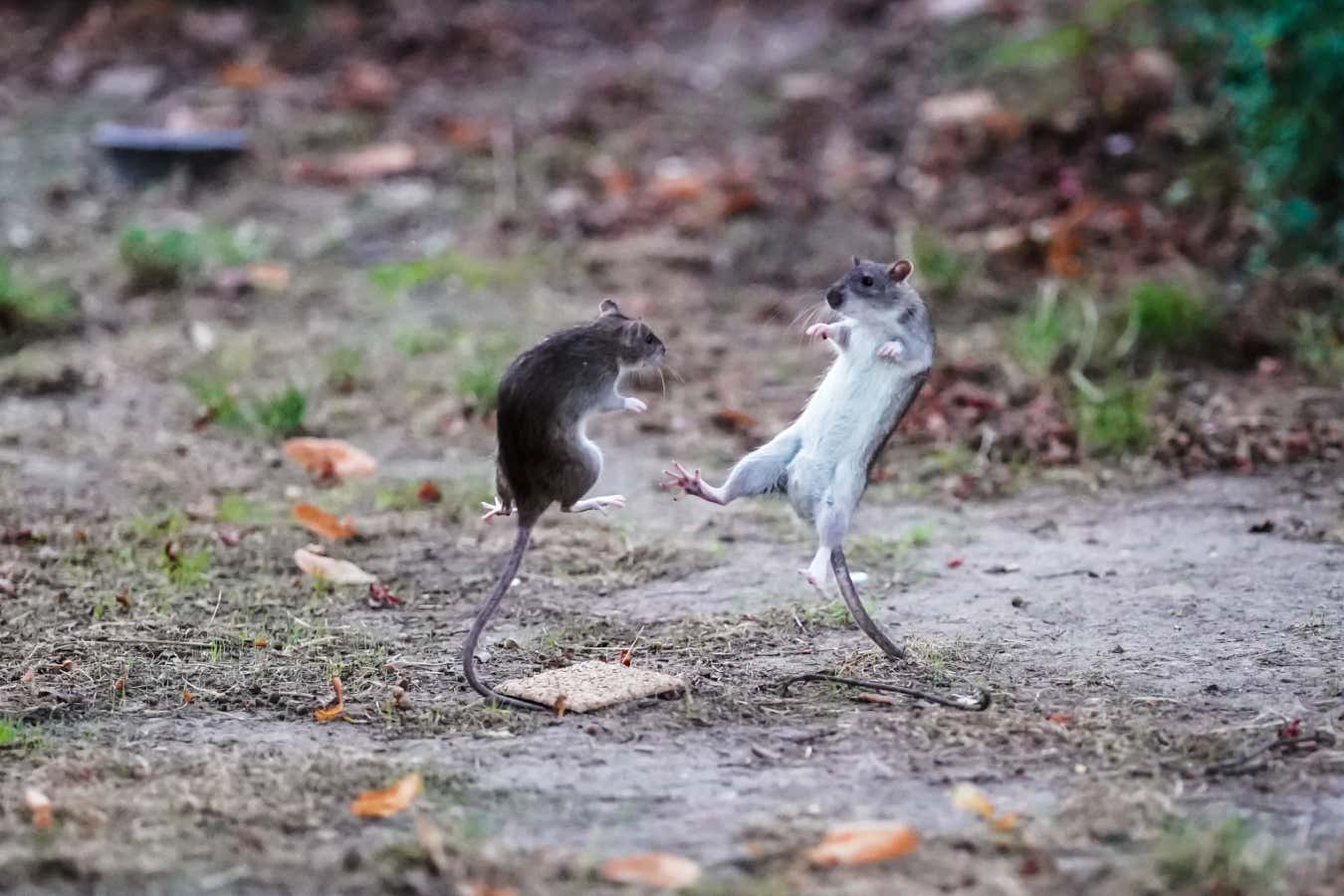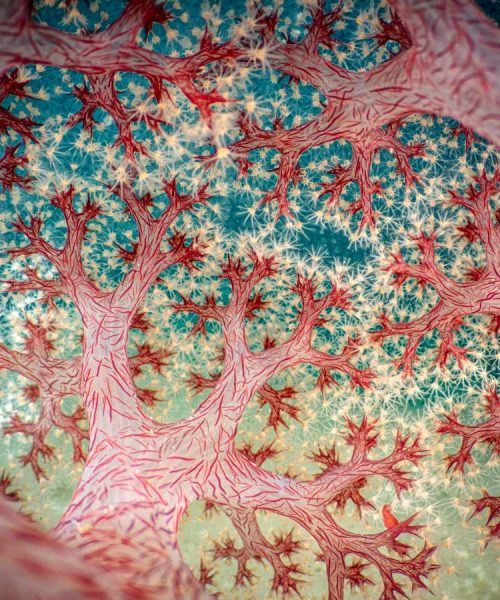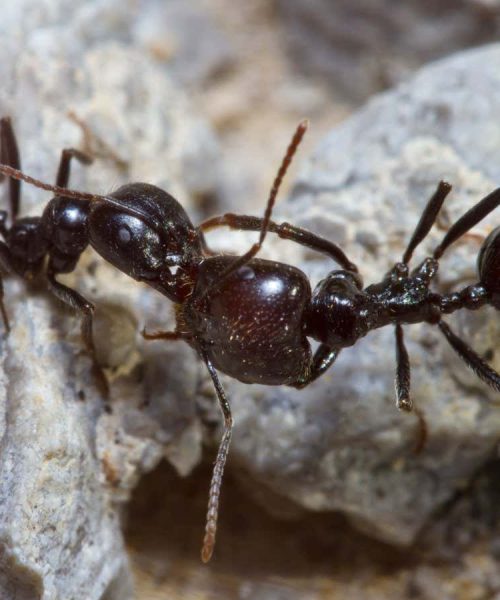
Male mice have a technique for escaping aggressive encounters
Edward Berthelot/Getty Images
In male-on-male mouse squabbles, the victims of aggression often hide behind a female mouse to divert their attacker’s attention.
“Think back to a time when you were confronted by a bully or found yourself in another challenging situation – you either confronted the issue directly or looked for ways to escape it,” says Joshua Neunuebel at the University of Delaware. “Animals often deal with similar struggles.”
Advertisement
Fights between male mice can be vicious, often involving biting, wrestling or rolling over each other if an encounter escalates. Neunuebel and his colleagues recorded more than 3000 aggressive altercations between male mice in the lab and then used machine learning to analyse the interactions. The AI learned to recognise certain behaviours automatically based on video examples that the researchers had manually labelled, such as footage of one male mouse aggressor closely chasing a second male.
The analysis revealed a diversion strategy in which a male mouse ran away from an aggressor male to approach a female mouse. That often prompted the aggressor to interact with the same female mouse, taking the heat off the victim of aggression, which then moved away. This sequence of events played out more than half the time following aggressive encounters between males.
“I believe one reason we were able to discover this bait-and-switch strategy was that we studied group dynamics by recording multiple mice together, which is much less common than studying pairs of mice,” says Neunuebel.
But Markus Meister at the California Institute of Technology described the effects of the aggressive behaviours on mice social interactions as “small and barely significant”. Before investigating any underlying mechanisms, “one would really like to see a more reproducible behaviour first”, he says.
Next, the team plans to expand its research by investigating how female mice respond to unwanted attention from aggressive males.
Topics:





